Spotlight Magellan Health: National Healthcare Quality Week
National Healthcare Quality Week, observed on October 15 to 21, celebrates the many healthcare quality professionals who tirelessly work toward ensuring that quality service is delivered. This week is also a time to spread awareness of the importance of quality healthcare services and create policies that facilitate the safety of both patients and healthcare professionals.
In honor of National Healthcare Quality Week, we’re spotlighting Magellan Health’s Allie Kelley, quality specialist. Some of Kelley’s responsibilities to ensure quality healthcare include managing certain member notifications, generating internal reports for customer requirements, and assisting with EAP record requests within our Employee Assistance Program (EAP) provider network. Continue reading to learn more about Kelley’s work in healthcare quality:
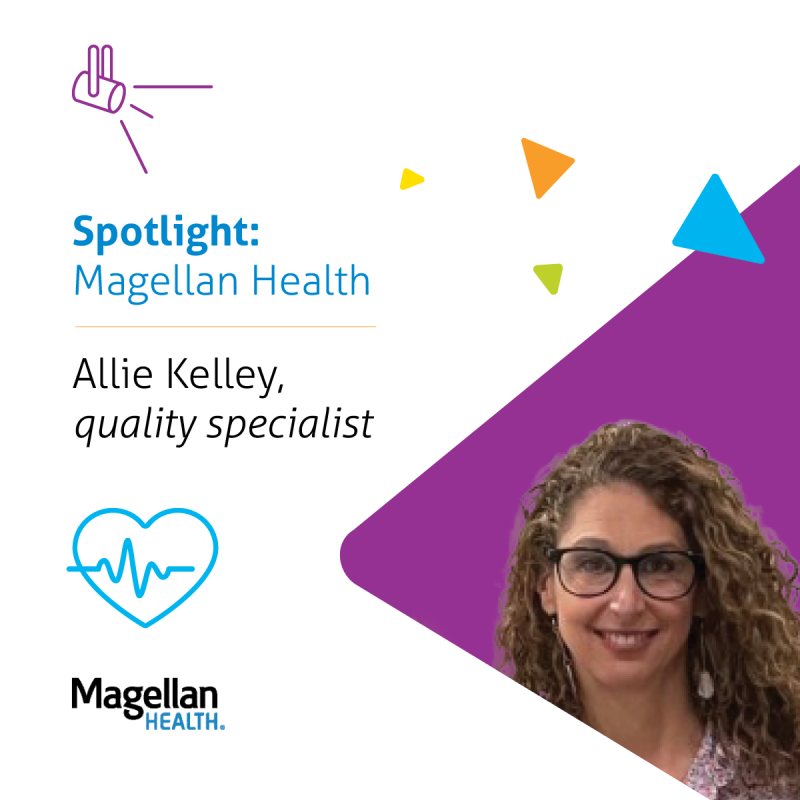
What sort of projects are you currently working on?
I am brand new to the responsibility of running a Quality Improvement Activity (QIA) so I’m learning responsibilities such as barrier analysis, which examines limitations or obstacles to the efficiency of a process or desired outcome, investigating root causes, developing, and discussing interventions, and ongoing monitoring are my biggest tasks right now. I am very excited about how this process can improve the level of service we provide to our members. It is awesome to have different department leaders come together to talk about barriers and interventions to improve identified metrics and then be able to measure the success of these interventions.
Why is Magellan Health the best place to do this project?
Magellan’s values include integrity, accountability, knowledge, collaboration, caring, creativity, and results. Every one of those values is critical to the success of any QIA. Leadership also shows great support of the overall QI department, and ultimately Magellan as a whole.
What are your thoughts on the culture here at Magellan?
I have been a part of Magellan Health for 25 years and have had the opportunity to work in many different roles. I have seen this company grow in the healthcare industry, and I have never once doubted how much Magellan cares for and believes in their employees. Magellan has been an industry leader when it comes to diversity, equity, and inclusion, and offering comprehensive employee benefits.
Beyond that, the member lives we cover, especially the most vulnerable populations, have always been the most important thing to me in every position I’ve held here. Magellan’s philosophy and mission have always aligned with this. Positively influencing the health and wellbeing of our members has always been a top priority throughout this organization.
How did you get involved with the Healthcare Quality field?
My heart and my passion have always been with our members and working to make sure they are receiving the best care possible. I am a social worker at heart, so when I read the job description for my current role, it was very clear to me that the role in a strong Quality Department is not at all separate from what my mission in the clinical department had always been! I became excited about the possibility of stepping out of my comfort zone while keeping in mind what I came here to do, which is to help people.
What are some of the most challenging and rewarding aspects of working in Healthcare Quality?
Some of the more challenging aspects have been learning the more technical side of things, while the most rewarding part of being in this department has been being a part of a team so committed to integrity, accountability, and data driven results. This is demonstrated in the preparation of the annual Trilogy documents, where everyone on the team comes together to work toward a common objective. Trilogy is our annual evaluation of the QI Program that evaluates outcomes, reviews effectiveness, assesses goal achievements, evaluates the deployment of resources, documents, and trends input from advisory groups. Seeing that final document come together was amazing. I was so proud to have contributed to that and we are getting ready to do it all over!
What does Healthcare Quality Week mean to you? Is there anything else you’d like to highlight about Healthcare Quality?
Healthcare Quality Week to me is a time to raise awareness of the positive impact healthcare quality professionals have in our organizations and communities. At Magellan Health, healthcare quality is organized around the positive influence of the health and wellbeing of individuals by identifying gaps in care and service, improving clinical outcomes, assuring patient safety, and adding value through efficiency. In healthcare quality we’re also focused on enhancing services and the individual’s experience of care. We also work to assure that all core business processes are innovative and meet or exceed contract, regulatory, and accreditation guidance while leading to system and cost efficiencies.
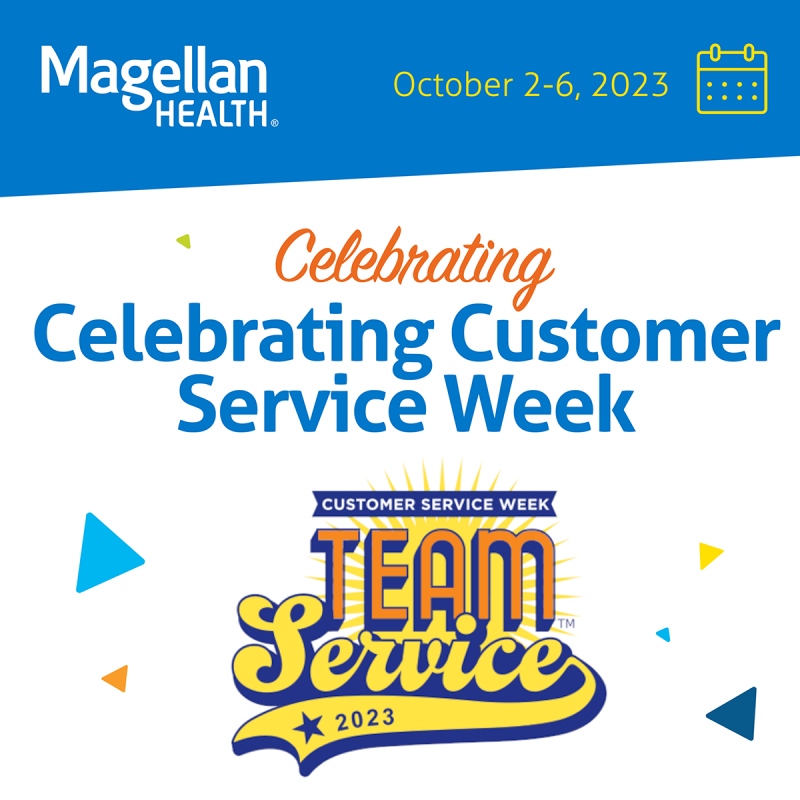
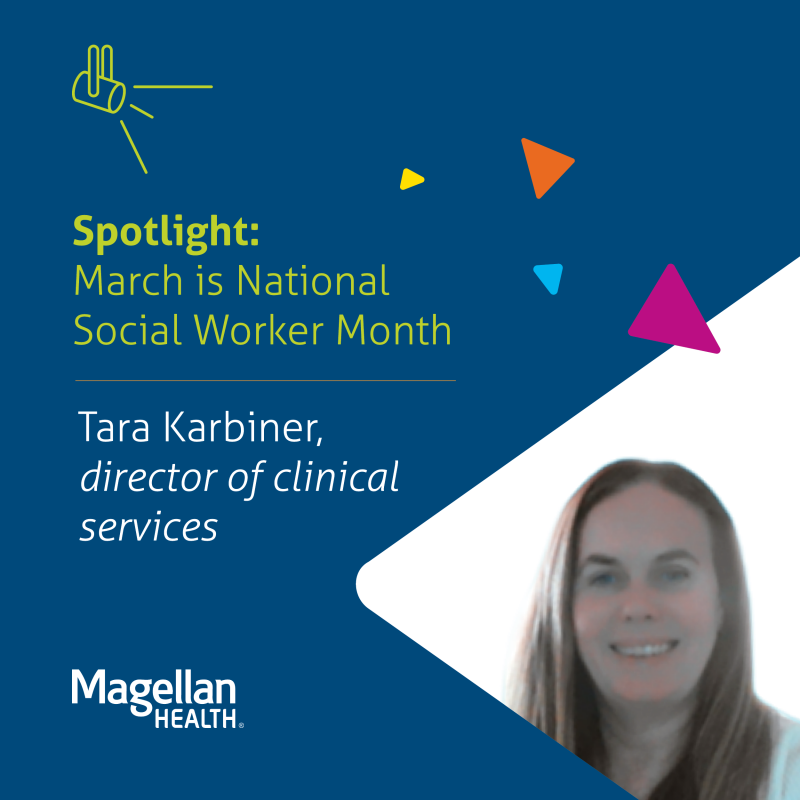
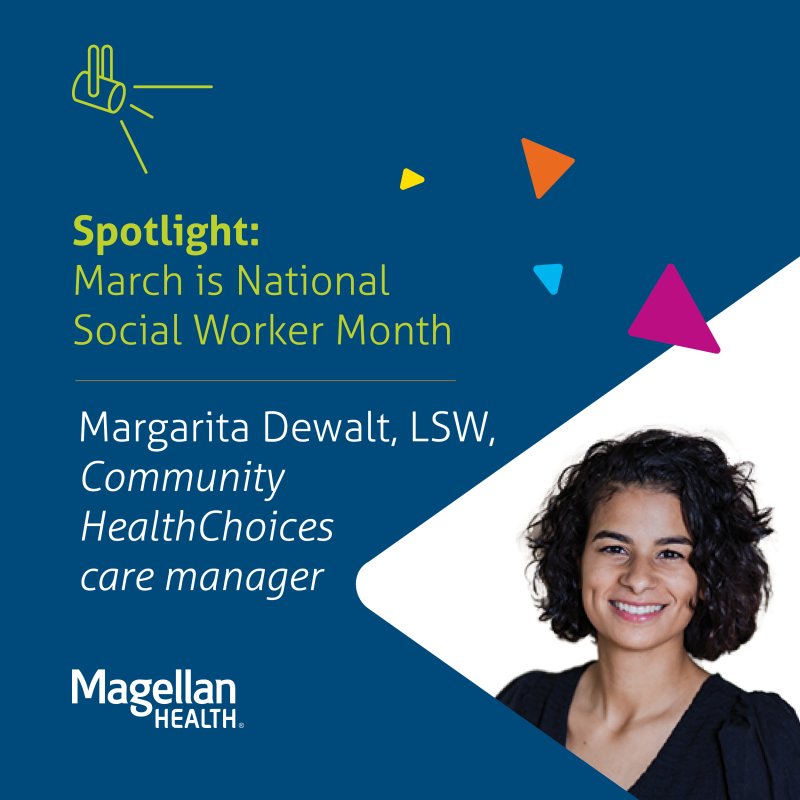
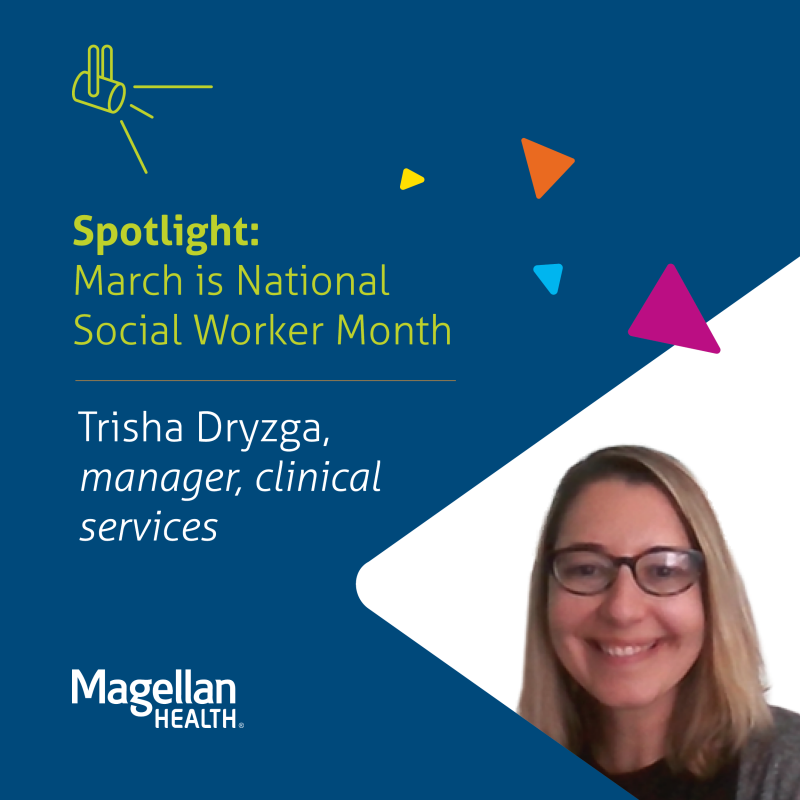
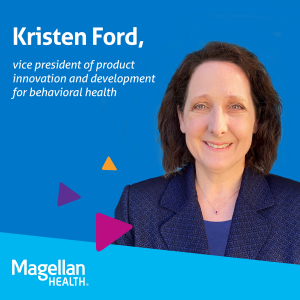
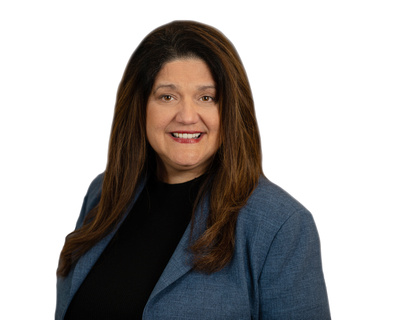 Edith Calamia, D.O., M.P.H., C.M.D., is national chief medical officer for Magellan Complete Care (MCC). Dr. Calamia joined Magellan in March 2020 and oversees all clinical programs within MCC. She also leads the development and delivery of health plan-specific clinical programs targeted to complex populations such as those needing Long-Term Services and Supports, those who are dually eligible for Medicaid and Medicare, people with Serious Mental Illness, and recipients of Temporary Assistance for Needy Families (TANF) and Children’s Health Insurance Program (CHIP) benefits.
Edith Calamia, D.O., M.P.H., C.M.D., is national chief medical officer for Magellan Complete Care (MCC). Dr. Calamia joined Magellan in March 2020 and oversees all clinical programs within MCC. She also leads the development and delivery of health plan-specific clinical programs targeted to complex populations such as those needing Long-Term Services and Supports, those who are dually eligible for Medicaid and Medicare, people with Serious Mental Illness, and recipients of Temporary Assistance for Needy Families (TANF) and Children’s Health Insurance Program (CHIP) benefits.